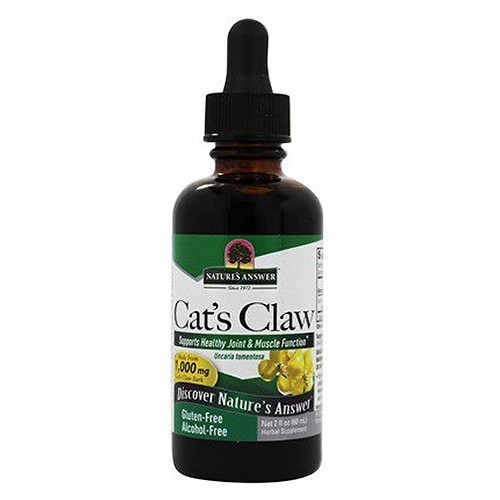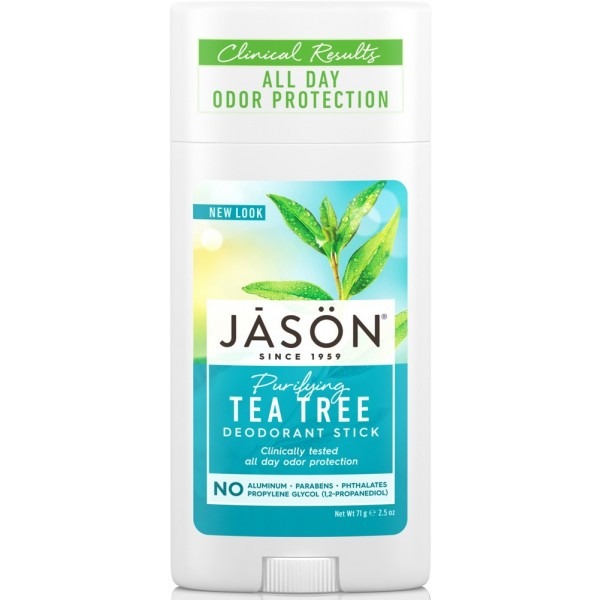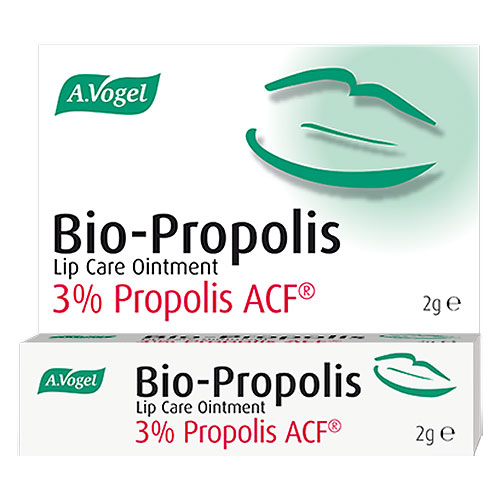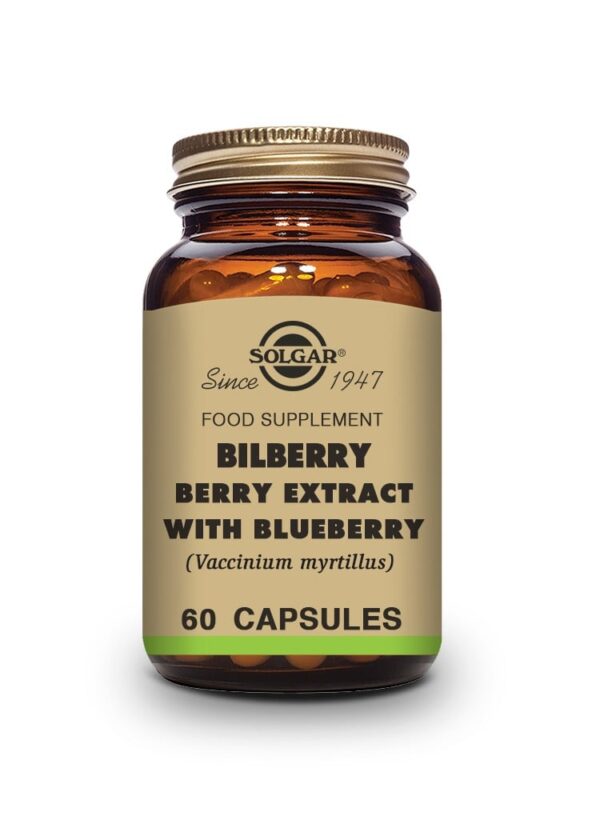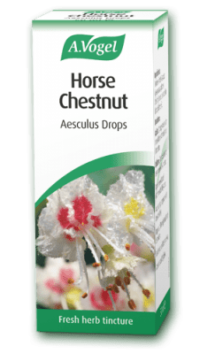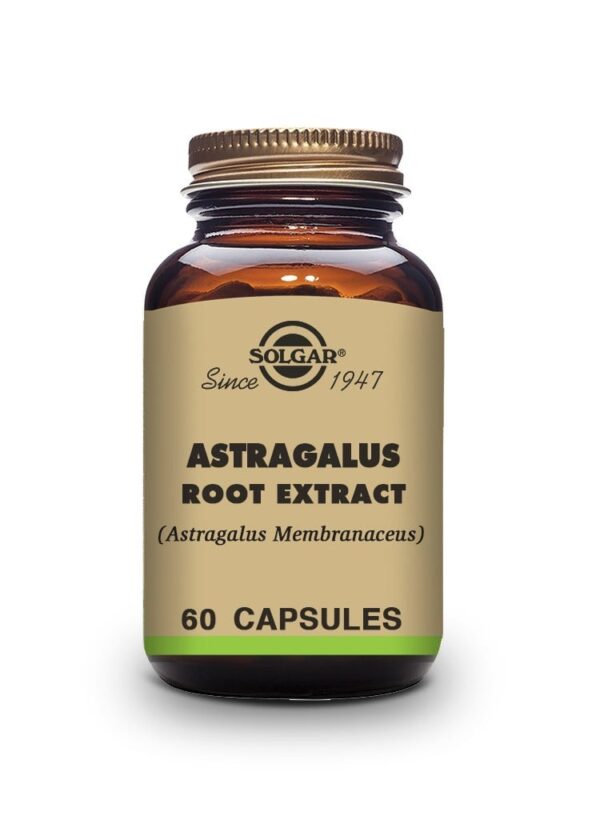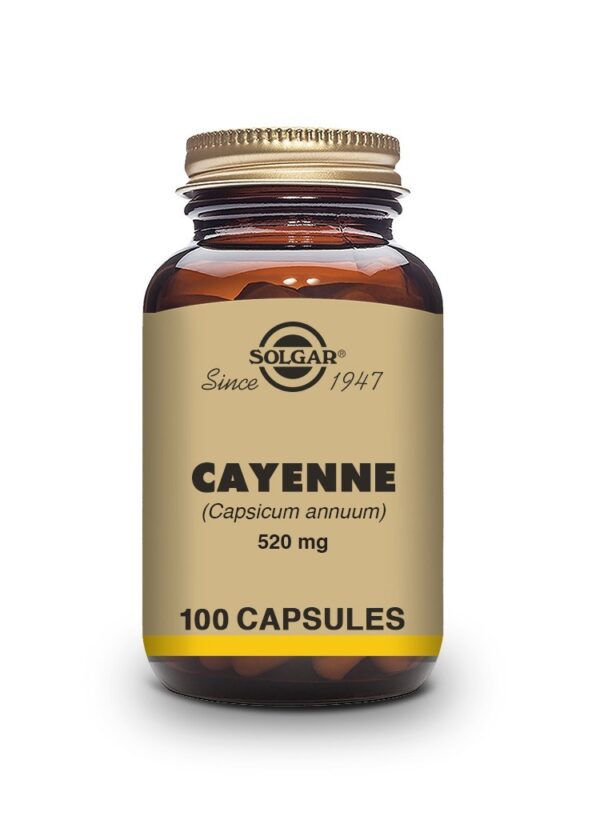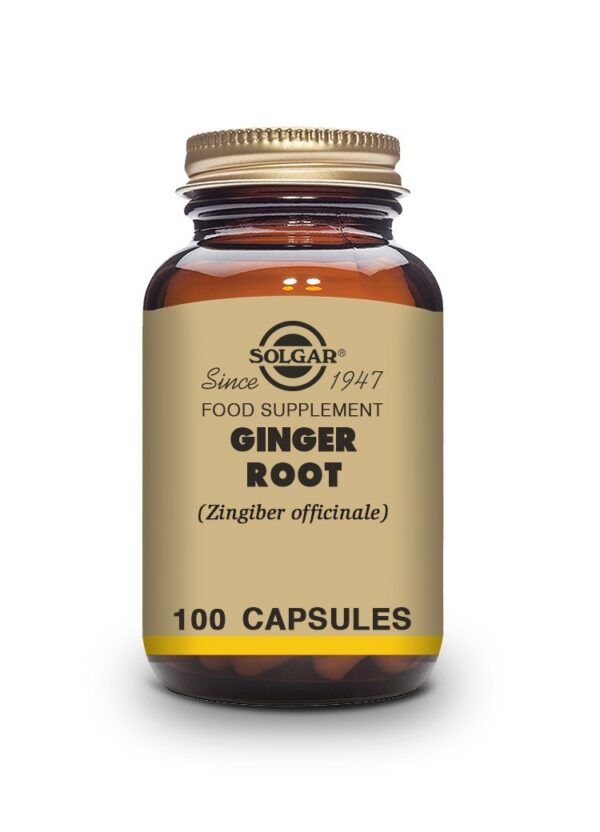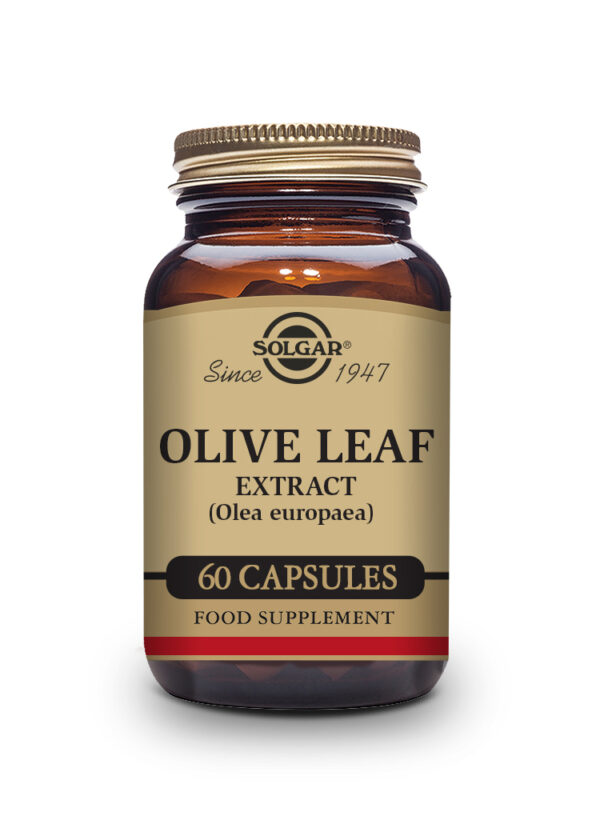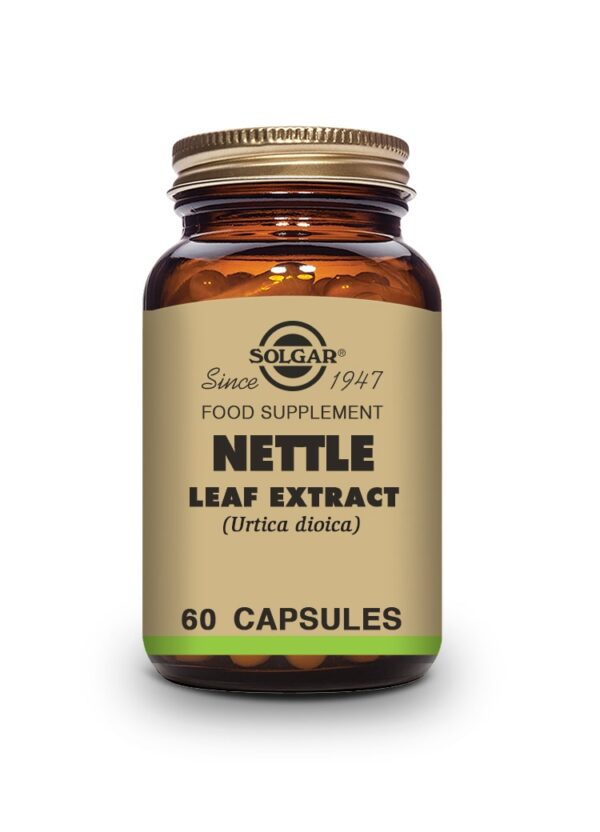Description
Bio Propolis
Bio Propolis is a resinous substance that bees produce from materials collect from tree buds. Rich in flavonoids, a class of antioxidants, It has a long history of use as a natural treatment for a host of health problems.
Research shows propolis has many healing properties, including antimicrobial, anti-fungal, anti-viral, anti-inflammatory, and anti-tumor qualities.
Found in small quantities in honey, It is widely available in supplement form. It also use as an ingredient in certain medicinal products apply directly to the skin, such as ointments and creams. In addition, propolis is sometimes mix in nasal sprays and throat sprays, as well as in mouthwash and toothpaste.
Bio Propolis is touted as a natural treatment for the following health problems and conditions:
- acne
- bacterial infections
- burns
- canker sores
- colds
- cold sores
- diabetes
- giardiasis
- herpes
- inflammation
- influenza
- peptic ulcer disease
Health Benefits of Bio-Propolis
Although few clinical trials have tested the health effects of propolis, there’s some evidence that propolis may offer certain benefits. Here’s a look at several key findings from the available studies.
Bio-propolis Cold Sore Treatment
Preliminary research suggests that topically applying may help heal the stages of the cold sores. In a study published in Phytotherapy Research in 2010, for example, scientists found that extracts of propolis possess virus-fighting effects that may help knock out against herpes simplex virus type 1, the virus that causes cold sores.
Burn Treatment
It may promote the healing of minor burns, according to a study from the Journal of Alternative and Complementary Medicine. For the study, researchers compared the effects of a Bio propolis-based skin cream with those of silver sulfadiazine, a drug commonly used in the treatment of second- and third-degree burns, in patients with second-degree burns.
Gastrointestinal Disorders
Research suggests propolis can help treat gastrointestinal disorders, including ulcerative colitis, gastrointestinal cancers, and ulcers. Components in including caffeic acid phenethyl ester (CAPE), artepillin C, kaempferol, and galangin, have been shown to effectively eliminate pathogens, including H. pylori. The research, however, is limited to animal studies and cell cultures.
Cavity Control
It may help fight cavities, a study from Biological & Pharmaceutical Bulletin shows. In laboratory research, scientists found that compounds found in propolis helped inhibit the growth of Streptococcus mutans, an oral bacteria known to contribute to the development of cavities.

